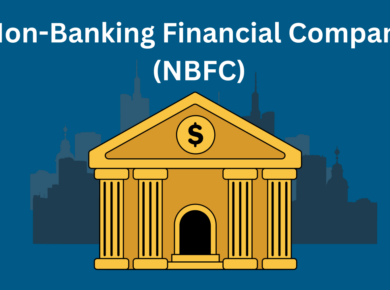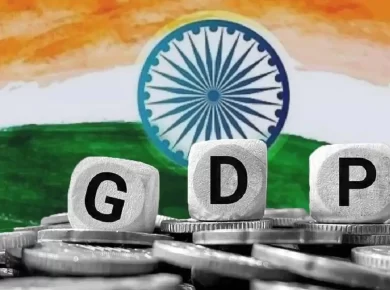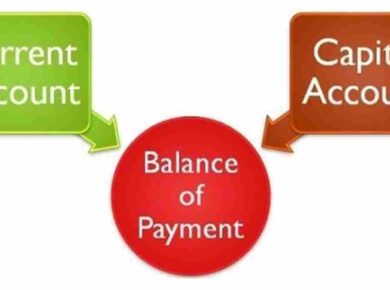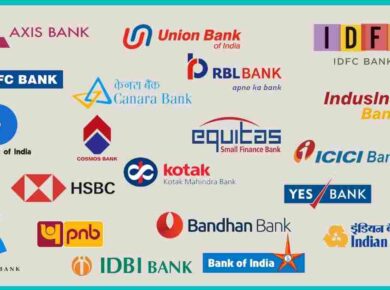Mutual Funds, Hedge Funds, ECB, IDR, ADR & GDR
Points to Ponder in This Article – Read through the article to learn about mutual funds, how they work; Hedge funds and different ways to raise money from oversees markets.
Mutual funds (Asset Management companies (AMC))
Specialized institutions pooling money from the public & investing in the stock market based on research, past trends, company performance etc. to maximize investors profit. Mutual funds do not eliminate risk but minimize the risk in term of risk appetite & allow for sharing of risk
- Mutual funds make profit only when market is moving up
- Any investor is welcomed for e.g. SBI mutual fund requires minimum investment of Rs. 100 only
- Strict SEBI regulation with no leverage provided > Has to deal with money in hand
- Managed by MF managers (Asset management companies) for certain commission %
Mutual funds types
- Portfolio type > Equity, Debt, Gilt edged fund, Real estate fund
- Income vs risk type
- Growth Fund > 80 (Equity) + 20 (Debt)
- Balance Fund > 50 (Equity) + 50 (Debt)
- Income Fund > 20 (Equity) + 80 (Debt)
Hedge funds (Alternative Investment fund)
- Hedge fund is a similar investment game as mutual funds, where High net worth individuals pool their money into high risky games to earn high return on investment.
- Trading-techniques are far more complex than mutual funds
- Hedge funds can make money even with share market going down.
- SEBI > Indian hedge fund to starts from 1 crore rupees; Foreign (offshore) hedge fund to start with 5 lakhs dollars
- Not so strict SEBI regulation with leverage provided twice the amount but only for 2 days viz. T + 2
Also read: Capital Market – Equity
How Hedge funds make money
Short selling
- Sell a large quantity of shares in the market at once which supposedly decrease the value of share as a result of mass selling.
- Now, as soon as value of share falls, hedge fund managers buy sold quantity of shares & make profit.
Leverage
- Borrowing money to trade in shares beyond your limit to get good returns
- But if market follows opposite steps against your move then may be risky
Arbitrage
- Profit from the price difference of securities between the two markets
Arrangement of capital from outside India to expand Business
External commercial borrowing (ECB)
- As the name suggest, it is when Indian company borrows money from external (non-Indian / foreign) sources for minimum average 3 years
- Money is borrowed from foreign lenders via bank loans, fixed rate bonds, non-convertible shares, optionally convertible or partially convertible preference shares etc.
- ECB money cannot be used to trade in share market or real-estate speculation or to acquire another company
ECB’s Positives
- If American and European economy is not performing well, their banks and lenders will not find local borrowers even at dirt cheap interest rate.
- So in this scenario, an Indian company can borrow money from abroad, at a lower interest rate than in India & everyone wins
ECB’s Negatives
- In ECB, the borrower has to repay in foreign currency (usually dollar)
- So If Rupee sharply weakens dollar let’s say from 1$ = Rs. 50 to 1$ = Rs. 60
- Then Indian borrower will have to pay more amount of rupees to repay the same amount of loan he previously took
American Depository Receipt (ADR)
- ADR is method of trading non-U.S. stocks on U.S. exchanges
- Suppose Indian company wants to raise money from America, by issuing shares in American stock exchange
- But then Indian company will have to maintain accounts according to American standards
- Hence to prevent this problem, Indian company gives its shares to American bank
- American bank gives Indian company certain receipts, called ADR in return of those shares
- Now Indian company can trade those ADR receipts in American share market, to raise money
- But Indian company will have to pay dividends to investors in Dollars.
- ADR is two way fungible, Meaning, (from American investor’s point of view) if you’ve ADR, you can convert it into the underlying shares of that (foreign / Indian) company
Global Depositary Receipt (GDR)
- Serve as same function like ADR, but on Global scale
- Helps third world countries to raise money from the stock exchanges of developed countries
- Several international banks such as JPMorgan, Citigroup, Deutsche Bank, Bank of New York issue GDRs
Indian Depository Receipt (IDR)
- As ADR (American depository receipt) is from America’s point of view, Similarly, IDR (Indian depository receipt) is from India’s point of view
- It allows a foreign company to raise money from Indian financial market
- As part of financial reforms, IDR (Indian depository receipts) are also made two ways fungible
For more updates, visit www.iasmania.com. Please share your thoughts and comments.
If you’re passionate about building a successful blogging website, check out this helpful guide at Coding Tag – How to Start a Successful Blog. It offers practical steps and expert tips to kickstart your blogging journey!











2 comments
Greetings! Very useful advice within this post! It is the little changes that make
the greatest changes. Thanks a lot for sharing!
How To Prepare For UPSC—Dirt Cheap?
Salmaan is a poor-poor boy. He doesn’t stay in a metropolitan city. Neither he has plentiful cash to join an end-to-end coaching—nor he has friends who know anything about USPC—at least not enough to answer his questions.
To know the story read full article – http://www.iaseducator.com/prepare-upsc-dirt-cheap/